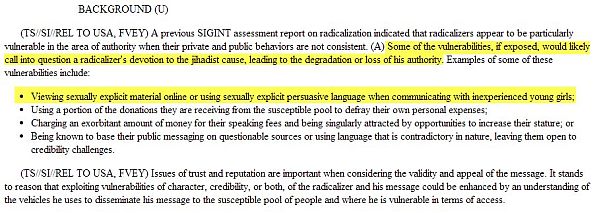Yesterday I got a new pair of glasses and as the optician made sure they were spotless, I was amused to see she was using a cloth in the form of a small British flag — a Union Jack.
“It’s fortunate that the British don’t view their flag the same way Americans view theirs, otherwise I might take offense,” I told her. She seemed to have no idea what I meant as I alluded to American traditions regarding the respectful handling of Old Glory.
The ambiguity of British national identity is embedded right in the structure of the flag, with its English, Scottish, and Irish elements.
If Scotland votes in favor of independence next September, perhaps there should be a debate about whether the Union Jack retains its St Andrew’s Cross — St. Andrew being Scotland’s patron saint. Maybe the time will have come to toss out the name and concept of a United Kingdom.
Following yesterday’s parliamentary interrogation of the newspaper’s editor, Alan Rusbridger, by British MPs, The Guardian reported:
In perhaps the most unexpected exchange of the session, [Keith] Vaz [chairman of the home affairs select committee] asked Rusbridger if he loved his country – an apparent reference to critics of the Guardian who have accused it of weakening its security. Vaz [who was born in Aden, which is now part of Yemen] asked : “You and I were both born outside this country, but I love this country. Do you love this country?”
Rusbridger [who was born in Northern Rhodesia, which later became Zambia]: “I’m slightly surprised to be asked the question but, yes, we are patriots and one of the things we are patriotic about is the nature of democracy, the nature of a free press and the fact that one can, in this country, discuss and report these things.”
Vaz: “So the reason why you’ve done this has not been to damage the country, it is to help the country understand what is going on as far as surveillance is concerned?”
Rusbridger: “I think there are countries, and they’re not generally democracies, where the press are not free to write about these things, and where the security services do tell editors what to write, and where politicians do censor newspapers. That’s not the country that we live in, in Britain, that’s not the country that America is and it’s one of the things I love about this country – is that we have that freedom to write, and report, and to think.”
Mindful of the way his answer would be reported, Rusbridger did not hesitate to identify himself as a patriot, but even if this was not Vaz’s intention, the mere asking of the question brought to the hearing a tinge of McCarthyism.
As much as Britain has marched in lockstep with the United States since 9/11, its susceptibility to engage in slavish imitation has not extended as far as politicians or other public figures feeling duty-bound to sport Union Jack lapel buttons. Fortunately, for the British, the flag remains an ambiguous symbol.
If Rusbridger had been born in Edinburgh instead of Rhodesia, Vaz might have refrained from raising the question of patriotism. After all, if the vote on independence was phrased in the most emotive way, it could simply ask those being polled: which country do you love more: Britain or Scotland?
No doubt the voters themselves will largely be confronting more practical questions about economics and the future and their choice will not be wholly guided by sentiment.
Both in Britain and America and elsewhere, the ultimate test of patriotic loyalty goes far beyond love of country.
Are you willing to die for your country?
Even during an era in which martyrdom has become identified with religious extremism, not many Americans view the willingness to die while defending the United States as an expression of extremism. And yet those Americans who have been called on in recent years to demonstrate that willingness have disproportionately been under-privileged.
In contrast, those Americans who are willing to send other Americans to die for their country, have rarely even been willing to give up their job — let alone sacrifice their life — for the sake of the nation.
Before anyone makes a bold declaration about the extent and depth of their love of country, it’s worth asking: what do you mean by “love” and “country”?
Is this love simply another name for blind obedience? And do we confuse countries with their national emblems?
Wisely, Rusbridger qualified his love of Britain by identifying some of the things that make it lovable — such as freedom of expression and the ability to publish without seeking permission from a state censor. But the mere fact that he was being questioned was indicative of a trend being pushed by those who prize loyalty and obedience to state-defined interests, more than they prize a free and independent press.
Countries can change fast and one of the surest signs they are changing for the worse is when journalists are accused of being insufficiently patriotic.
Had Rusbridger been more blunt he might have said: I love what my country represents but not what it is becoming.

